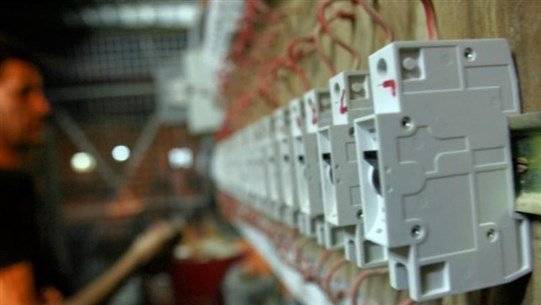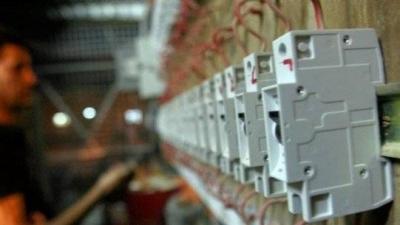The owners of private generators never cease to amaze us with unprecedented "creations," even in a "banana republic." Their latest move is to impose a "jizya" on subscribers who own alternative energy systems, under the threat of disconnecting their service. With the expansion of solar panel installations, many citizens have reduced their consumption to nearly zero, preferring to maintain their subscriptions as a precaution for the winter. This has led to a significant loss of revenue for generator owners, as their operating costs do not decrease proportionately with the drop in consumption. Consequently, some have come up with the idea of introducing a new fee akin to a "protection fee," which could reach one million lira per month. This amount will be added to a group of illogical charges, including a consumption fee, a fixed charge, and VAT calculated on the total amount valued in dollars.
What is happening in several regions is accompanied, according to energy expert and lawyer Kristina Abi Haidar, by restricting service to a single product or a group of generator owners who have agreed among themselves, putting subscribers—particularly those unable to increase the capacity of their storage batteries—in a dilemma: disconnect their service and face the consequences during the winter months, or pay the one million lira.
Furthermore, many generator owners have resorted to moving the electricity circuit breaker into locked metal cabinets to prevent citizens from disconnecting it. This occurs in the absence of any action from the Ministry of Economy to put an end to this "piracy."
Regarding the collection of VAT by generator owners, the situation is murky and could legitimize errors in this sector. According to Abi Haidar, "VAT is imposed on operations exceeding 100 million lira, and with rising prices, most generator owners will fall under this tax. However, the question is: do generator owners have a financial number, and if so, what is the profession or sector under which they are classified? Is it permissible for someone without a financial number to charge VAT? Shouldn't the tax brackets subject to VAT be raised now that they have dropped from about $66,000 to around $2,500?" All these questions remain unclear, and unfortunately, the Ministry of Economy has not deemed it necessary to respond to them, shifting the responsibility for verification to the Ministry of Finance.
Calculating all the fees included in the private generators' bill results in a price per kilowatt-hour exceeding 70 cents at a minimum. The cost per kilowatt is priced at 0.4884 cents per kilowatt, which is nearly half a dollar. And broken dollars are counted as full dollars, with the fixed charge set at a minimum of 10 dollars. In comparison, the highest electricity price in the world is 0.36 cents in Denmark, followed by Germany at 0.35 cents, both of which are the most affected by rising Russian gas prices and reduced supplies, leading to a return to coal power. So, on what basis is the kilowatt-hour in Lebanon priced at 70 cents?




